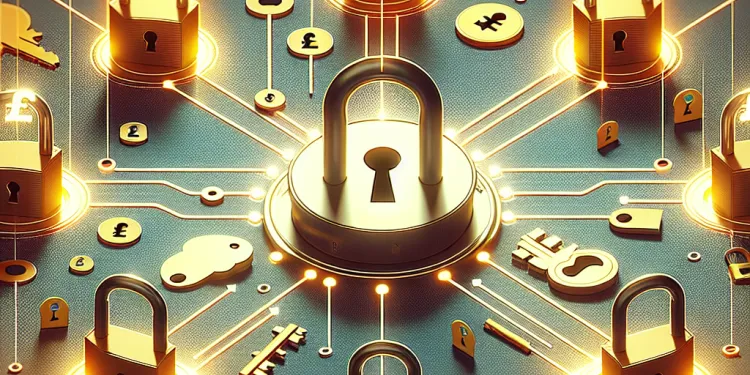
Find Help
More Items From Ergsy search
-
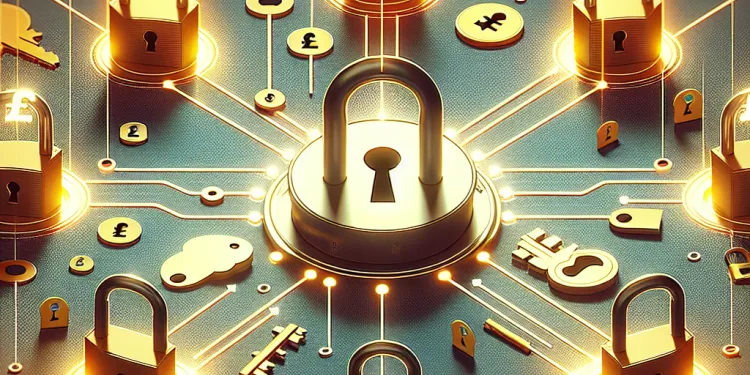
Can using the same password across accounts increase the risk of hacking?
Relevance: 100%
-
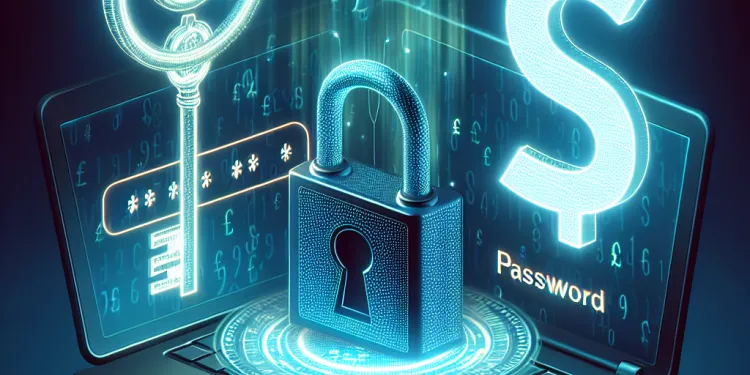
Will changing my password secure my hacked account?
Relevance: 91%
-
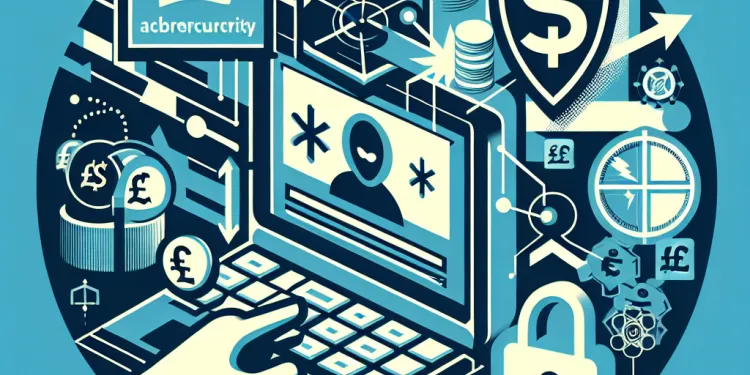
What are the risks of ignoring a hacked account?
Relevance: 75%
-
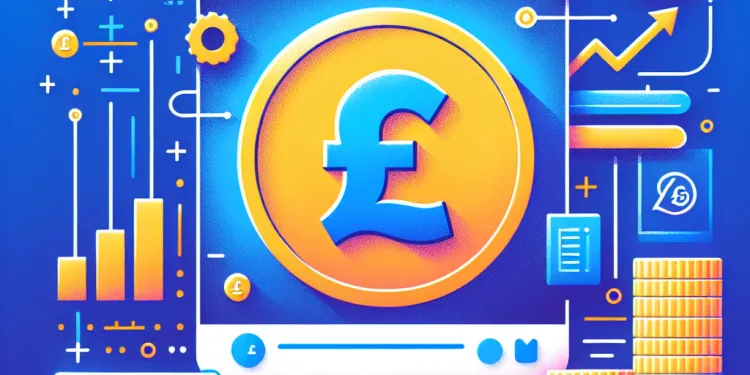
How do I know if my password has been hacked?
Relevance: 71%
-
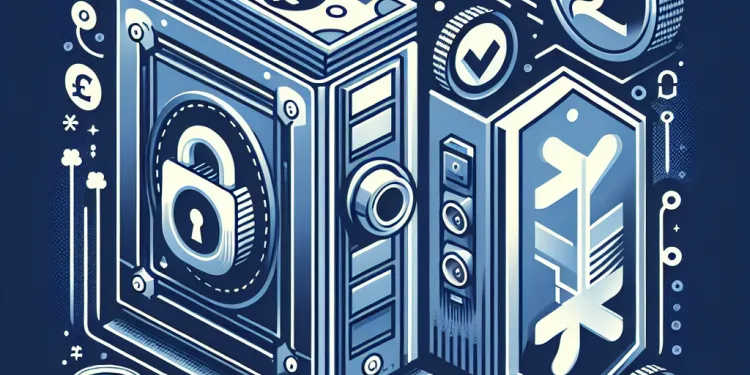
How do I know if my social media accounts have been hacked?
Relevance: 69%
-
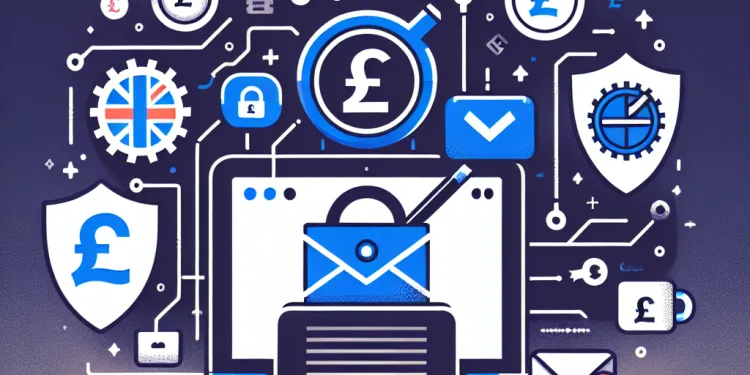
How can I recover a hacked email account?
Relevance: 68%
-
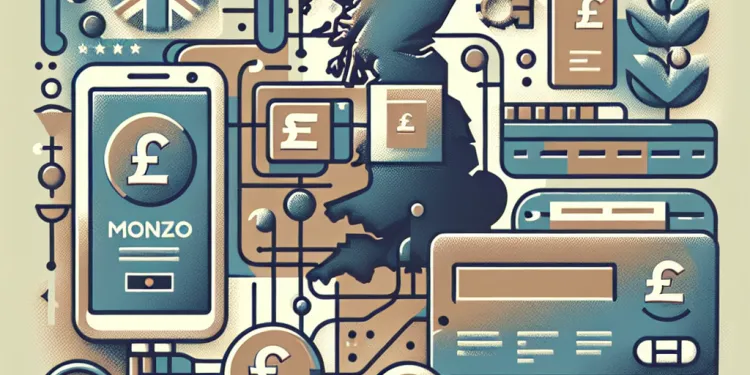
Can Monzo or Revolut accounts be hacked easily?
Relevance: 67%
-
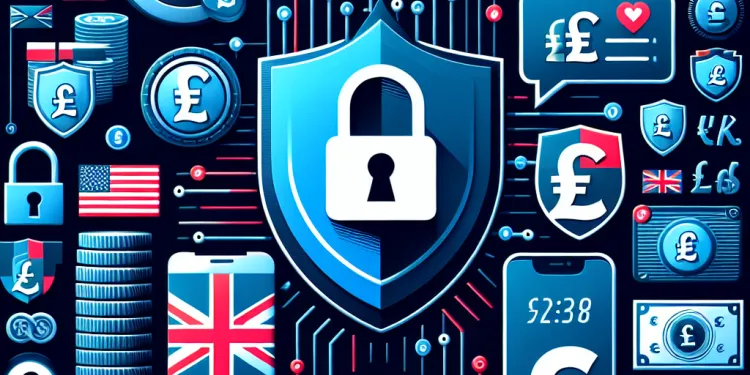
What signs indicate that my social media account might be hacked?
Relevance: 62%
-
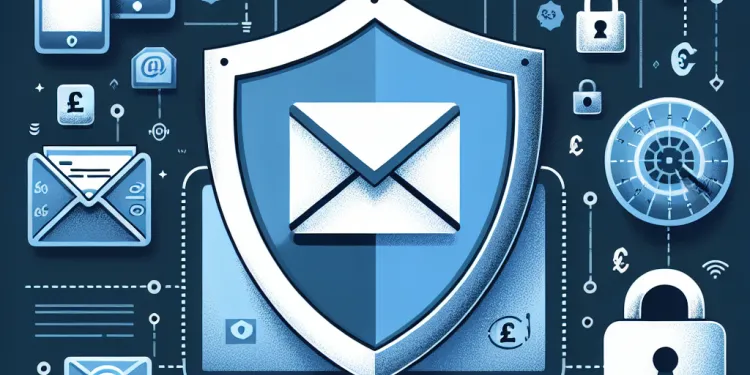
What is the risk of my contacts being compromised if my email is hacked?
Relevance: 60%
-
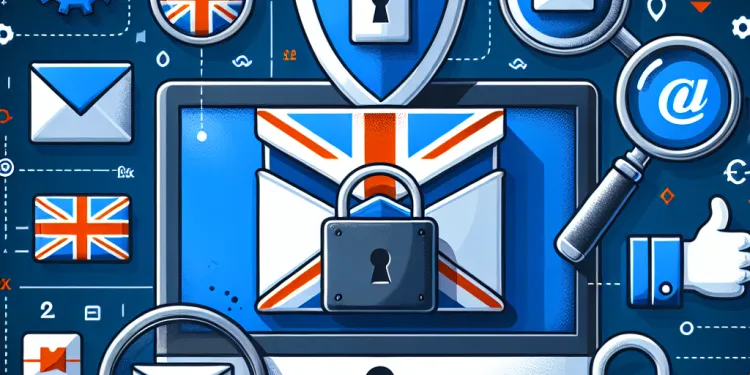
What are some signs that my email might be hacked?
Relevance: 54%
-
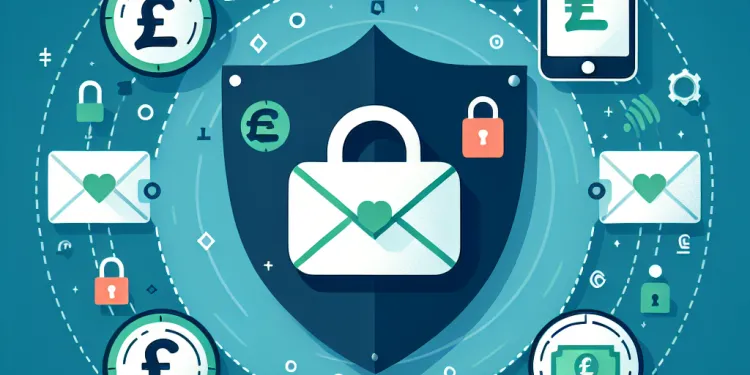
How can I secure my email after a hack?
Relevance: 53%
-
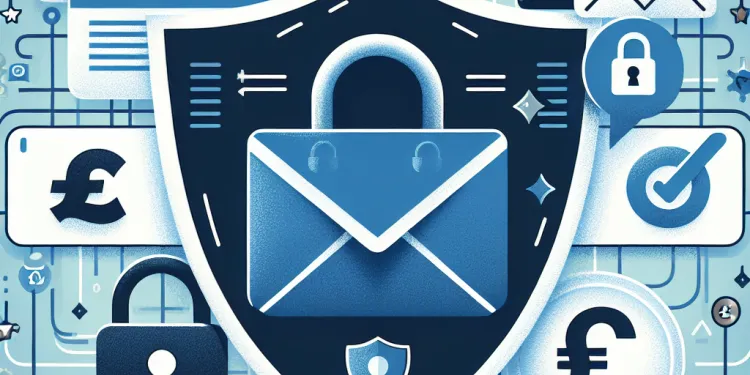
Should I contact my email provider if I suspect hacking?
Relevance: 53%
-
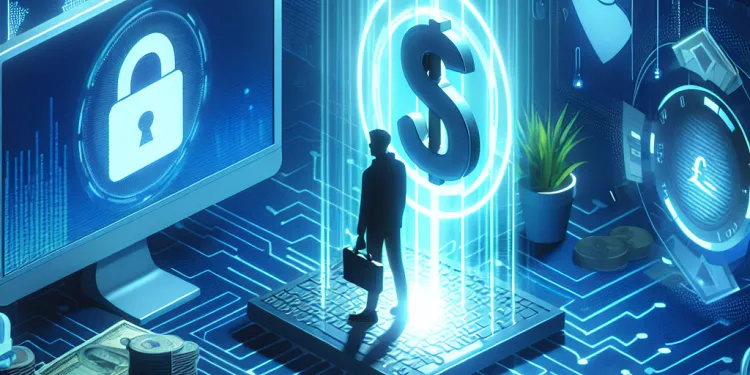
Should I report the hack to the social media platform?
Relevance: 52%
-

How do I know if my email has been hacked?
Relevance: 52%
-
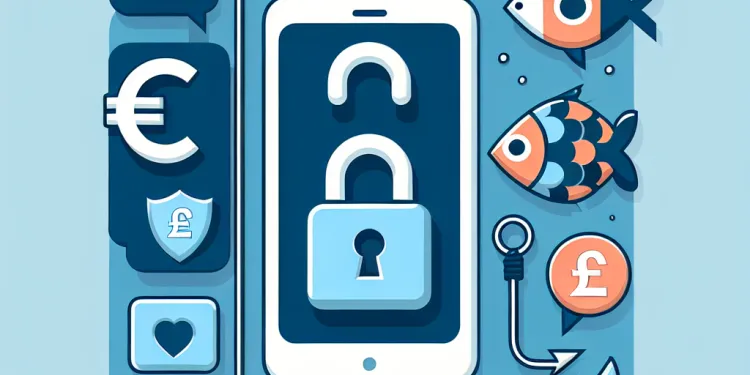
How can phishing attacks lead to social media hacks?
Relevance: 51%
-
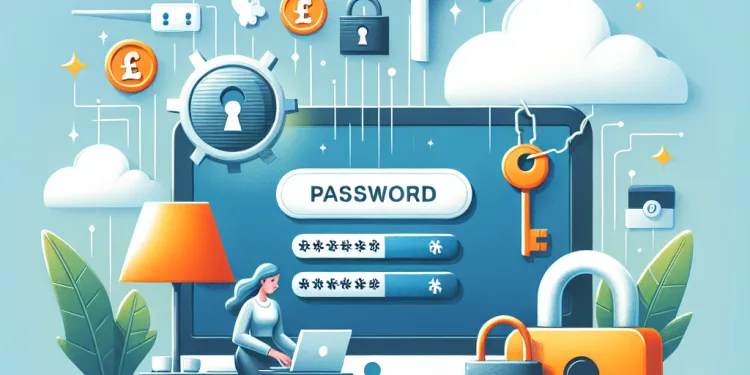
Should I change my passwords regularly?
Relevance: 50%
-
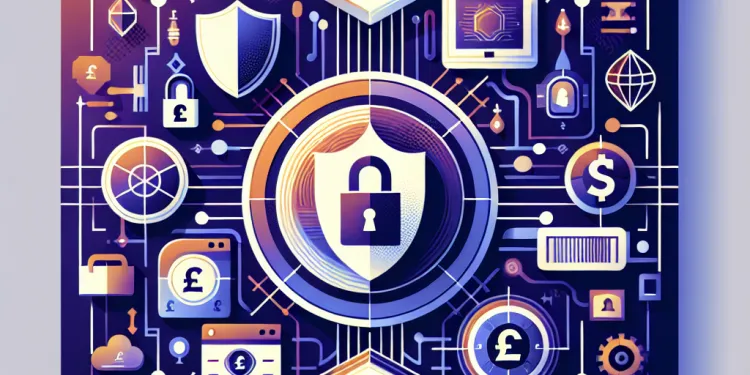
What steps can I take to prevent future hacks?
Relevance: 49%
-
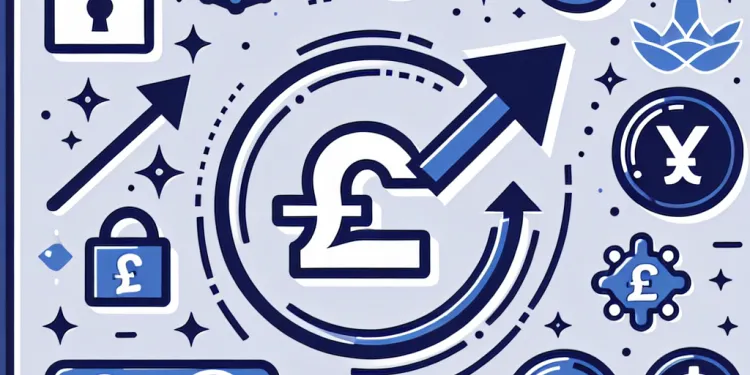
Can a sudden decrease or increase in followers indicate a hack?
Relevance: 49%
-

How do I secure my online accounts?
Relevance: 48%
-
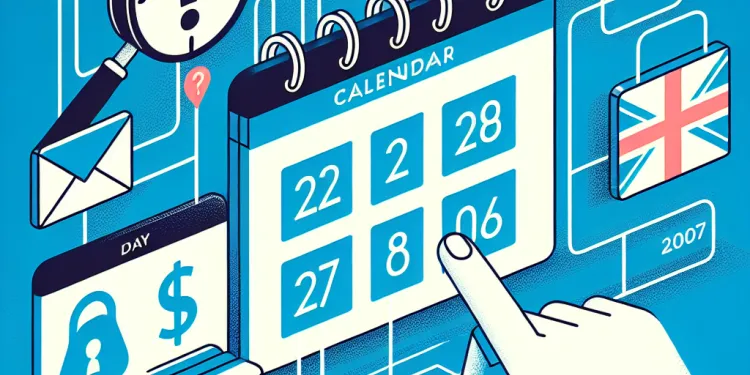
Can unexpected calendar events be a sign of a hacked email?
Relevance: 47%
-
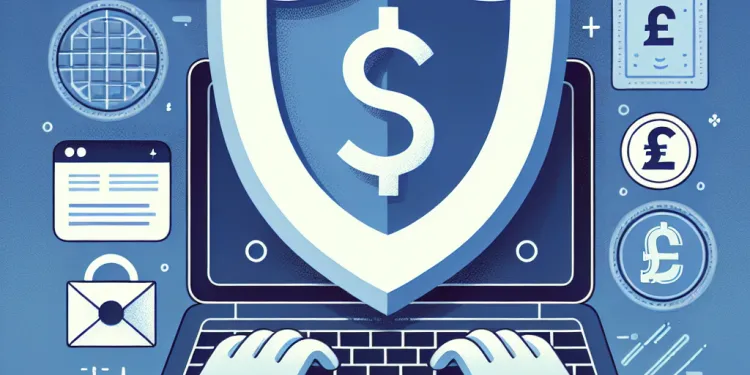
What preventive measures can I take to protect my email from being hacked?
Relevance: 46%
-

Why am I receiving password reset emails I didn't request?
Relevance: 45%
-
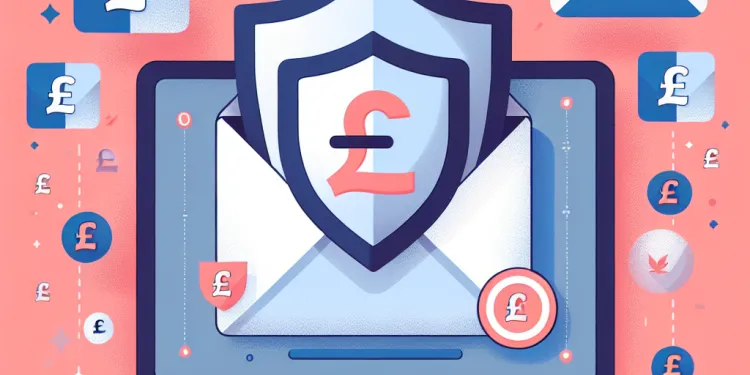
Can antivirus software protect my email from being hacked?
Relevance: 43%
-
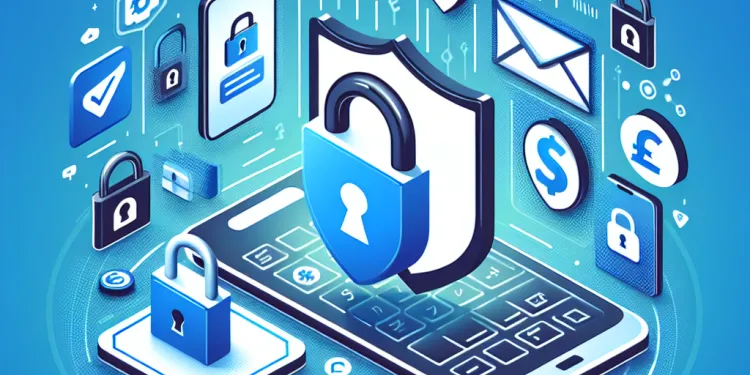
Can enabling two-factor authentication help if my email is hacked?
Relevance: 42%
-
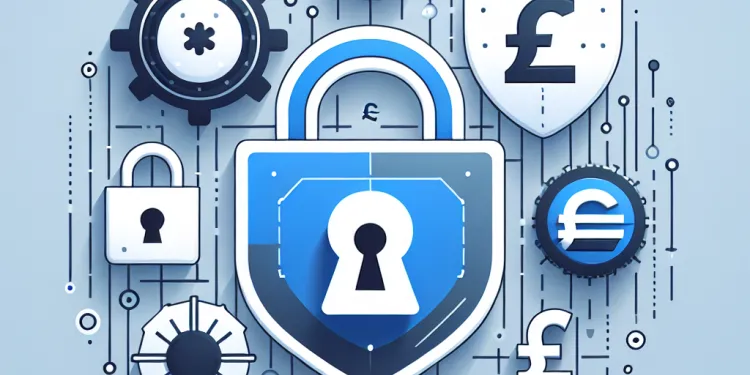
What role do password managers play in data breach prevention?
Relevance: 41%
-
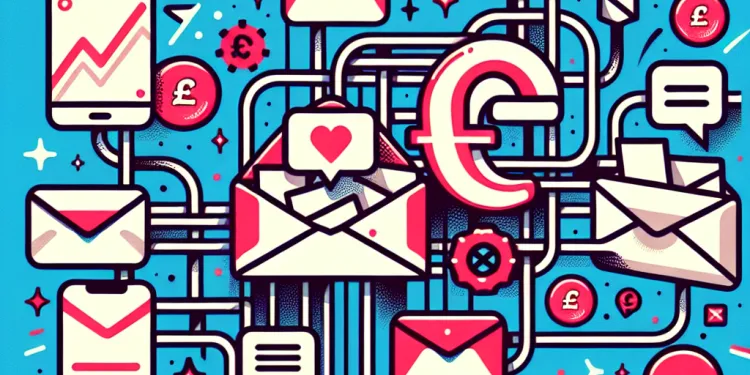
What does it mean if my friends receive spammy messages from my account?
Relevance: 37%
-
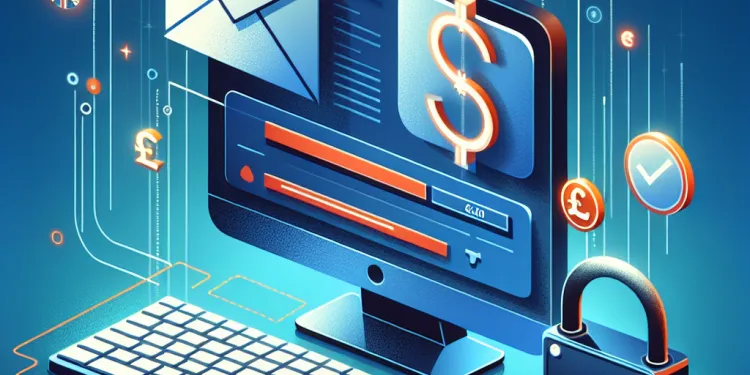
What should I do if I can't access my email account?
Relevance: 36%
-
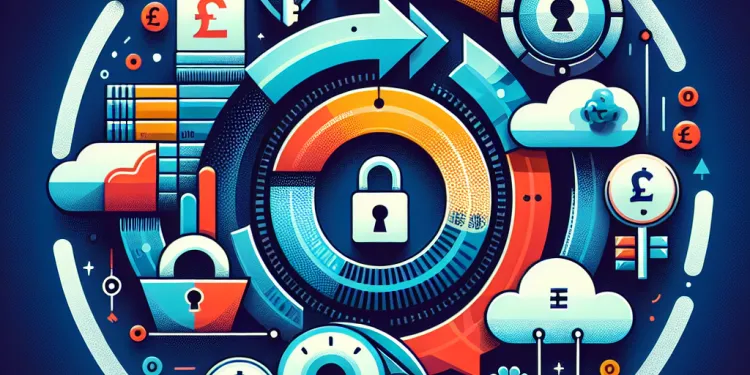
Why is it important to update my account recovery information?
Relevance: 36%
-
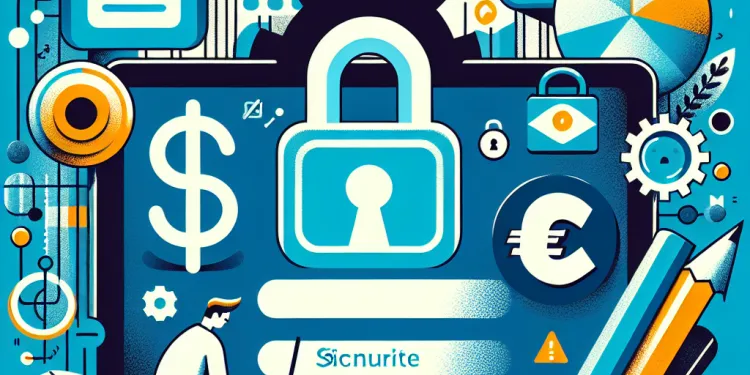
What should I do if I can't log into my account anymore?
Relevance: 36%
-
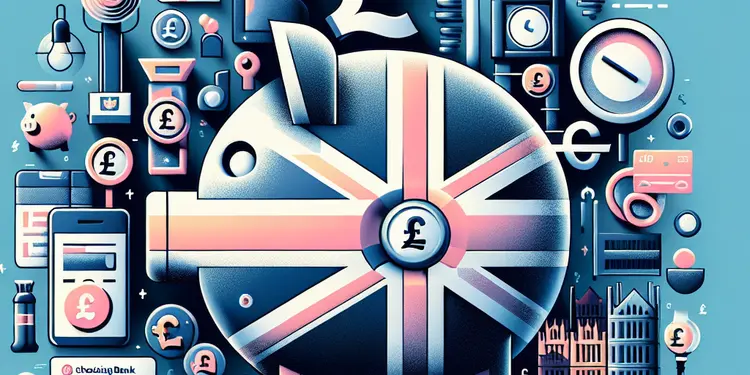
Should I switch my savings account, checking account, or both?
Relevance: 32%
-
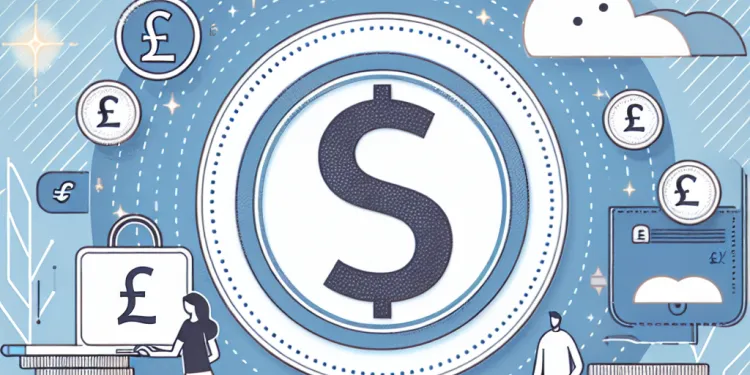
Why am I receiving password change requests that I did not initiate?
Relevance: 32%
-
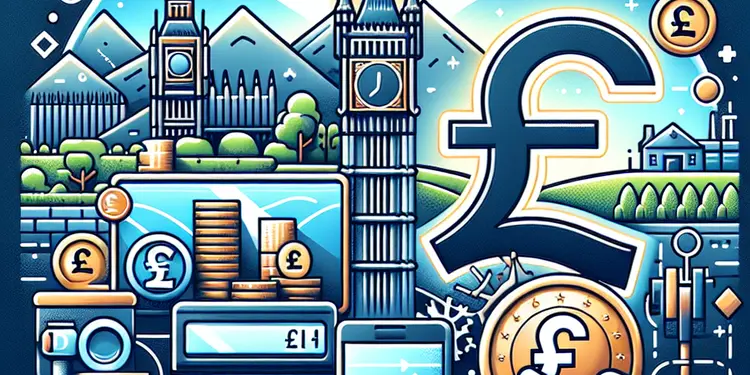
Should I switch my savings account, checking account, or both?
Relevance: 31%
-
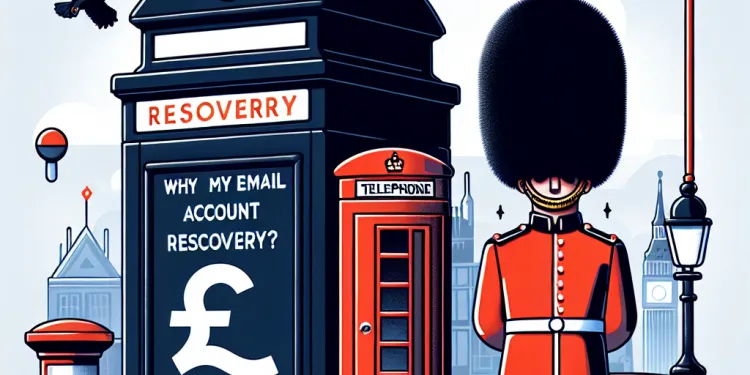
Why have my email account recovery options changed without my knowledge?
Relevance: 31%
-
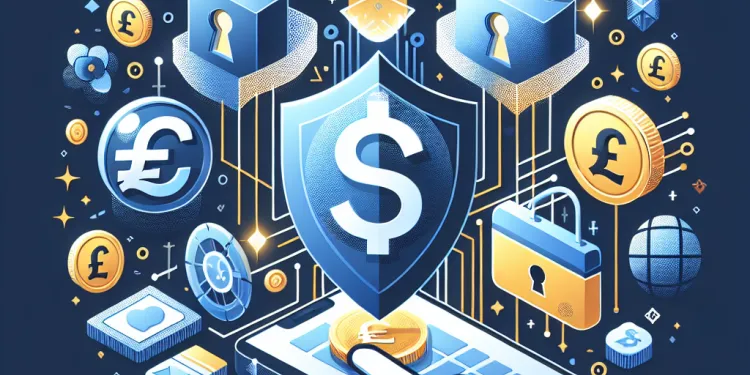
How can I check recent login activity on my email account?
Relevance: 31%
-
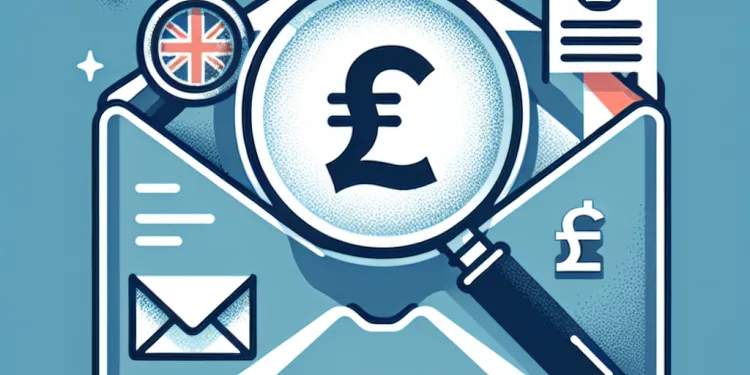
What should I do if I notice unfamiliar emails in my sent folder?
Relevance: 31%
-

How can I check recent login activity on my social media accounts?
Relevance: 30%
-
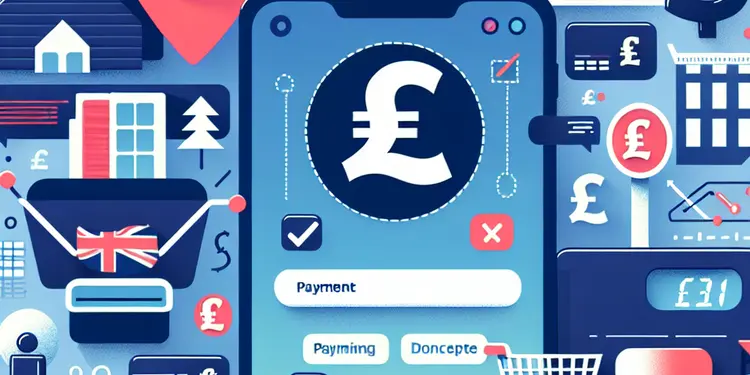
What is a payment on account?
Relevance: 30%
-

Why does my email appear to be sending spam?
Relevance: 28%
-
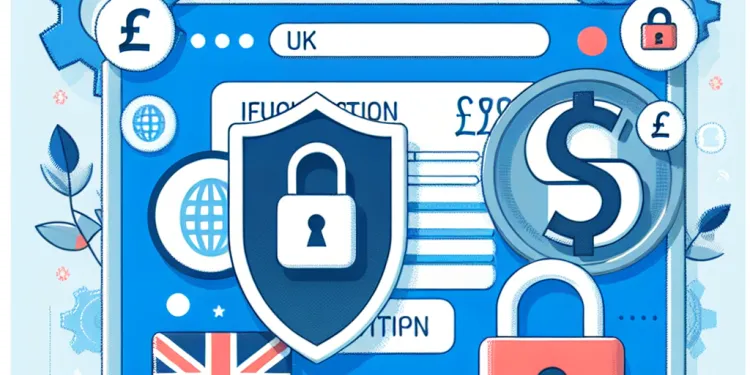
What should I do if I find my information in a data breach?
Relevance: 27%
-

Do all banks have the same fee structures?
Relevance: 25%
The Risks of Using the Same Password Across Accounts
In today's digital age, cybersecurity is a significant concern for individuals and organizations alike. One of the most critical aspects of maintaining online security is managing passwords effectively. A common practice among internet users is to use the same password across multiple accounts. While this might seem like a convenient option, it significantly increases the risk of hacking.
Why Reusing Passwords is Risky
Reusing passwords across different platforms can make users vulnerable to cyber-attacks, primarily because it creates a single point of failure. If a hacker gains access to one account, they can potentially access all other accounts that use the same password. This is particularly concerning if an individual uses the same password for both low-security and high-security accounts, such as social media and online banking.
How Hackers Exploit Password Reuse
Hackers often use a technique known as "credential stuffing" to exploit reused passwords. This involves taking usernames and passwords from one security breach and attempting to use them to gain access to other accounts. Since many people use the same email and password combinations across different sites, this method can be strikingly effective.
The Impact of a Security Breach
Once an attacker gains access to one of your accounts, they can cause significant damage. For instance, if a hacker gains access to your email account, they could potentially access password reset emails for other accounts. This domino effect can lead to unauthorized transactions, identity theft, and a considerable amount of personal and professional disruption.
Best Practices for Password Management
To mitigate the risks associated with using the same password across accounts, individuals are advised to adopt robust password management practices. This includes creating unique, strong passwords for each account. Strong passwords typically combine upper and lower case letters, numbers, and special characters, making them difficult to guess or crack.
Using a Password Manager
Managing multiple strong passwords can be challenging without assistance. Many cybersecurity experts recommend using a password manager. These tools can securely store and manage passwords, generate strong passwords, and even alert users if an account may have been compromised. This significantly reduces the need for password reuse and enhances overall online security.
Conclusion
While using the same password across multiple accounts might seem convenient, it poses a significant security risk. By understanding the dangers and adopting secure password practices, such as using unique passwords and employing a password manager, users in the UK and worldwide can protect themselves from potential cyber threats. Staying informed and proactive is key to ensuring one’s digital safety in an increasingly interconnected world.
The Risks of Using the Same Password Across Accounts
Today, we use the internet a lot, which also means thinking about online safety. One important safety tip is how we handle our passwords. Some people use the same password for many online accounts because it's easy. But, this can make it easier for hackers to break into your accounts.
Why Reusing Passwords is Risky
Using the same password for different websites is risky. If a hacker finds out your password for one account, they can get into other accounts too. This is dangerous, especially if you use the same password for not-so-important and very important accounts, like social media and bank accounts.
How Hackers Exploit Password Reuse
Hackers have tricks to use passwords again and again. One trick is called "credential stuffing.” They take your username and password from one site and try it on others. Many people use the same email and password combo, making this trick work well for hackers.
The Impact of a Security Breach
If a hacker gets into one account, they can do a lot of harm. For example, if they get your email, they can try to reset passwords for other accounts. This can lead to stealing money, taking your identity, and lots of trouble in your personal and work life.
Best Practices for Password Management
To keep safe, make sure you have different, strong passwords for each account. A strong password uses big and small letters, numbers, and special symbols. This makes it hard for others to guess.
Using a Password Manager
It's hard to remember many strong passwords, so experts suggest using a password manager. This tool helps you keep passwords safe, make new strong ones, and can even tell you if something is wrong with your account. This helps you stay safe online without using the same password everywhere.
Conclusion
Using the same password for all accounts is risky. By knowing the dangers and using good habits, like making new passwords for each account and using a password manager, people can stay safe from hackers. Keeping informed and careful helps you stay secure on the internet today.
Frequently Asked Questions
Can using the same password across accounts increase the risk of hacking?
Yes, using the same password across multiple accounts can significantly increase the risk of hacking.
Why is it risky to use the same password across different accounts?
If one account is compromised, hackers can try the same password on other accounts, gaining access to more of your information.
How can hackers exploit the use of the same password?
Hackers often use stolen passwords from one breach to attempt to access accounts on other platforms.
What is password spraying?
Password spraying is an attack where the hacker tries a common password across many accounts, exploiting users who reuse passwords.
Are data breaches more harmful if passwords are reused?
Yes, data breaches are more harmful because a single breach can lead to multiple accounts being compromised if the same password is reused.
What can happen if my email and password are leaked online?
If your email and password are leaked, hackers can access any account where you use the same combination, leading to potential identity theft or financial loss.
How can I protect myself from the risks of password reuse?
Use a unique password for each account and consider using a password manager to keep track of them.
What is a password manager?
A password manager is a tool that securely stores and manages your passwords, making it easier to use unique passwords for every account.
Can two-factor authentication help if I reuse passwords?
Two-factor authentication can add an additional layer of security, but it's still important to use unique passwords for each account.
How can I create strong, unique passwords for each account?
Use a mix of letters, numbers, and symbols, and avoid using common words or easily guessed information.
What is credential stuffing?
Credential stuffing is when hackers use lists of leaked passwords to try and gain access to many accounts, taking advantage of password reuse.
How often should I change my passwords to stay safe?
Change your passwords regularly and immediately if you suspect a breach or leak.
What should I do if I suspect a password has been compromised?
Change the password immediately on the affected account and any other accounts where it was reused.
Is it safe to write down my passwords?
It's generally not recommended to write them down unless they are stored securely, like in a password manager.
What is the best practice for managing passwords?
Use unique, strong passwords for each account and consider using a reputable password manager.
Can biometric authentication help if passwords fail?
Biometric authentication adds an additional layer of security but should be used in conjunction with strong passwords.
Are password generators safe to use?
Reputable password generators are safe and can help create strong, unique passwords.
What are the signs of a compromised account?
Unusual activity, password change notifications you didn't request, or login attempts from unfamiliar locations.
How does using unique passwords enhance security?
Unique passwords ensure that a breach of one account doesn't compromise others, limiting potential damage.
What is the role of security questions along with passwords?
Security questions provide an additional layer of verification, though they should be treated as passwords and kept secure.
Is it risky to use the same password for all your accounts?
If you use the same password everywhere, someone could guess it and get into all your accounts.
Try these tips to stay safe:
- Use different passwords for each account.
- Make passwords strong by using letters, numbers, and symbols.
- Consider using a password manager to remember your passwords.
Yes, using the same password for different accounts can make it easier for hackers to get in.
Why is it bad to use the same password for different accounts?
If you use the same password for many accounts, a hacker can get into all your accounts if they figure out that one password.
It is safer to use different passwords, so not all your accounts are at risk at the same time.
Tools like password managers can help you remember different passwords easily.
If one of your accounts gets hacked, bad people might use the same password to get into your other accounts. This means they could see more of your information.
What can bad people do if you use the same password?
Here is some help to keep your passwords safe:
- Use different passwords for each account.
- Make passwords long and hard to guess.
- Try using a password manager to remember them.
Bad people who hack sometimes steal passwords from one place and try to use them to get into other accounts you have.
What is password spraying?
Password spraying is when someone tries to guess a password by using easy or common passwords. They try these passwords on many different accounts. It is a way for someone to try and break into your account.
To stay safe, use these tips:
- Make your password hard to guess. Use letters, numbers, and symbols.
- Do not use the same password for different accounts.
- Use tools that help you remember and protect your passwords, like password managers.
Password spraying is when a hacker uses the same easy password on lots of different accounts, hoping someone used it for their account too.
Is it bad to use the same password for different accounts?
Yes, a data breach is bad. One data breach can cause big problems. If you use the same password for many accounts and it gets stolen, all your accounts could be at risk.
What happens if someone gets my email and password?
If someone gets your email and password, they might:
- Read your emails.
- Send emails pretending to be you.
- Steal information or money from you.
- Change your password so you can't get in.
Here are some tips to stay safe:
- Use strong passwords with numbers and symbols.
- Don't use the same password for everything.
- Use a password manager to remember passwords for you.
- Turn on two-step login if you can.
If someone gets your email and password, they can use it to get into your other accounts. This means bad people might pretend to be you or take your money.
How can I stay safe from using the same password too much?
Make a different password for each account. You can use a password manager to help remember them all.
What is a password manager?
A password manager is like a safe place for your passwords. It remembers your passwords for you.
Here is how it helps you:
- It keeps your passwords safe.
- You do not have to remember all your passwords.
- You only need to remember one main password.
Some password managers can also make strong passwords for you. Strong passwords are hard for others to guess.
Using a password manager is a good way to keep your online accounts safe.
Ask a grown-up or someone you trust to help you set it up if needed.
A password manager is a tool that helps you save and keep track of your passwords safely. It makes it easy to use different passwords for each account you have.
Can Two-Step Login Help If I Use the Same Password?
Two-step sign-in can help keep your accounts safe. It is still important to use different passwords for each account.
How can I make strong and different passwords for each account?
Use these tips to make safe passwords:
- Make it long: Use 12 or more letters, numbers, and symbols.
- Mix it up: Use big and small letters, numbers, and symbols.
- No easy words: Stay away from family names or birthday dates.
- New for each place: Do not use the same password for different accounts.
Try using a password manager. It can help you stay safe.
Make your password strong by using letters, numbers, and symbols. Don’t use easy words or things people can guess.
What is credential stuffing?
Credential stuffing is when someone uses a special computer to try lots of usernames and passwords to get into people's accounts. It's important to use different passwords for each account so this doesn't happen.
Here are some tools to help:
- Password Manager: This is a tool that can remember all your passwords for you.
- Two-Factor Authentication: This adds extra security by asking for something else, like a text message, along with your password.
Credential stuffing is when bad people try to use stolen passwords to get into different accounts. They do this because people often use the same password for many places.
When should I change my passwords to stay safe?
Change your passwords often. Change them right away if you think someone else might know them or if there has been a data leak.
What to Do if You Think Someone Knows Your Password
If you think someone knows your password, follow these steps:
- Change Your Password: Make a new password that is hard to guess.
- Tell Someone: Let an adult or someone you trust know.
- Use a Password Manager: These apps help you keep track of your passwords.
- Turn on Two-Step Verification: This adds extra security by sending a code to your phone.
Try asking for help from a trusted friend or family member if you need it!
Change your password right away on the account that was hacked. Also change it on any other accounts where you used the same password.
You might find it helpful to use a password manager. This is a tool that keeps track of all your passwords for you.
Is it okay to write down my passwords?
Writing down your passwords can be safe. But, you need to keep them in a place only you know about. Here are some tips to help keep your passwords safe:
- Write them in a notebook and hide it somewhere safe.
- Use a special app called a password manager. It helps you remember your passwords.
- Make sure no one can see your passwords. Do not tell anyone.
- If you lose the paper or your phone with the app, change your passwords right away.
Remember, passwords are secret codes. Keep them safe so only you can use them.
Don't write down your passwords unless you can keep them very safe. You can use a helpful tool called a password manager to store them securely.
How can I take care of my passwords?
Here are some easy tips to help you with passwords:
- Use strong passwords: Make passwords with letters, numbers, and symbols. This makes them harder to guess.
- Don't use the same password: Have different ones for each account. This keeps them safe.
- Write them down safely: If you can't remember all your passwords, write them on paper and keep it in a safe place.
- Use a password manager: This is a tool that remembers all your passwords for you.
- Change passwords often: Make new ones every few months to stay safe.
- Use two-step login: This means you need your password and something else, like a code sent to your phone, to log in.
These tips can help keep your accounts safe and make it easy to manage passwords!
Make a different, strong password for every account you have. You can use a good password manager to help you remember them.
Can fingerprint or face scans help if passwords don’t work?
Sometimes passwords don’t keep you safe. Using your fingerprint or face can be a good way to stay secure.
Here are some helpful tools:
- Fingerprint: Use your finger to unlock stuff.
- Face Scan: Use your face to open apps.
These tools work together with passwords to make sure nobody else can get in.
Using your body to unlock things, like your fingerprint, makes it safer, but you should still use strong passwords too.
Is it safe to use password makers?
Password makers are tools that help you create strong passwords. They can be safe if you use a good one. Here are some tips to stay safe:
- Choose a well-known password maker.
- Do not share your passwords with anyone.
- Change your passwords often.
- Use two-step checks for extra safety. This means using your phone to double-check it's you.
If you need help, ask someone you trust or use a tool that reads text out loud.
Good password makers are safe. They help make strong and different passwords.
How do you know if someone else is using your account?
Things to watch out for:
- Someone doing strange things on your computer.
- Getting a message about a new password when you didn’t ask for one.
- Seeing someone trying to log in from a place you don’t know.
If you notice these things, ask for help. Use tools like a password manager to keep passwords safe.
Why are different passwords important for safety?
Using different passwords keeps your online accounts safe. It stops bad people from getting into all your accounts if they figure out one password.
Here are some helpful tips:
- Use a password manager to remember your passwords.
- Make passwords with letters, numbers, and symbols.
- Change your passwords every few months.
Use a different password for each account. This way, if someone gets one of your passwords, they can't get into your other accounts. This helps keep your personal information safe.
What Do Security Questions Do Along with Passwords?
Security questions help keep your online accounts safe.
When you forget your password, you answer a question to prove who you are.
This helps keep bad people from getting into your accounts.
You can use helpful tools like password managers to remember passwords.
Security questions help keep your information safe. They are like secret passwords. It's important to keep them private and not tell others.
Useful Links
This website offers general information and is not a substitute for professional advice.
Always seek guidance from qualified professionals.
If you have any medical concerns or need urgent help, contact a healthcare professional or emergency services immediately.
Some of this content was generated with AI assistance. We’ve done our best to keep it accurate, helpful, and human-friendly.
- Ergsy carfully checks the information in the videos we provide here.
- Videos shown by Youtube after a video has completed, have NOT been reviewed by ERGSY.
- To view, click the arrow in centre of video.
- Most of the videos you find here will have subtitles and/or closed captions available.
- You may need to turn these on, and choose your preferred language.
- Go to the video you'd like to watch.
- If closed captions (CC) are available, settings will be visible on the bottom right of the video player.
- To turn on Captions, click settings .
- To turn off Captions, click settings again.
More Items From Ergsy search
-

Can using the same password across accounts increase the risk of hacking?
Relevance: 100%
-

Will changing my password secure my hacked account?
Relevance: 91%
-

What are the risks of ignoring a hacked account?
Relevance: 75%
-

How do I know if my password has been hacked?
Relevance: 71%
-

How do I know if my social media accounts have been hacked?
Relevance: 69%
-

How can I recover a hacked email account?
Relevance: 68%
-

Can Monzo or Revolut accounts be hacked easily?
Relevance: 67%
-

What signs indicate that my social media account might be hacked?
Relevance: 62%
-

What is the risk of my contacts being compromised if my email is hacked?
Relevance: 60%
-

What are some signs that my email might be hacked?
Relevance: 54%
-

How can I secure my email after a hack?
Relevance: 53%
-

Should I contact my email provider if I suspect hacking?
Relevance: 53%
-

Should I report the hack to the social media platform?
Relevance: 52%
-

How do I know if my email has been hacked?
Relevance: 52%
-

How can phishing attacks lead to social media hacks?
Relevance: 51%
-

Should I change my passwords regularly?
Relevance: 50%
-

What steps can I take to prevent future hacks?
Relevance: 49%
-

Can a sudden decrease or increase in followers indicate a hack?
Relevance: 49%
-

How do I secure my online accounts?
Relevance: 48%
-

Can unexpected calendar events be a sign of a hacked email?
Relevance: 47%
-

What preventive measures can I take to protect my email from being hacked?
Relevance: 46%
-

Why am I receiving password reset emails I didn't request?
Relevance: 45%
-

Can antivirus software protect my email from being hacked?
Relevance: 43%
-

Can enabling two-factor authentication help if my email is hacked?
Relevance: 42%
-

What role do password managers play in data breach prevention?
Relevance: 41%
-

What does it mean if my friends receive spammy messages from my account?
Relevance: 37%
-

What should I do if I can't access my email account?
Relevance: 36%
-

Why is it important to update my account recovery information?
Relevance: 36%
-

What should I do if I can't log into my account anymore?
Relevance: 36%
-

Should I switch my savings account, checking account, or both?
Relevance: 32%
-

Why am I receiving password change requests that I did not initiate?
Relevance: 32%
-

Should I switch my savings account, checking account, or both?
Relevance: 31%
-

Why have my email account recovery options changed without my knowledge?
Relevance: 31%
-

How can I check recent login activity on my email account?
Relevance: 31%
-

What should I do if I notice unfamiliar emails in my sent folder?
Relevance: 31%
-

How can I check recent login activity on my social media accounts?
Relevance: 30%
-

What is a payment on account?
Relevance: 30%
-

Why does my email appear to be sending spam?
Relevance: 28%
-

What should I do if I find my information in a data breach?
Relevance: 27%
-

Do all banks have the same fee structures?
Relevance: 25%


